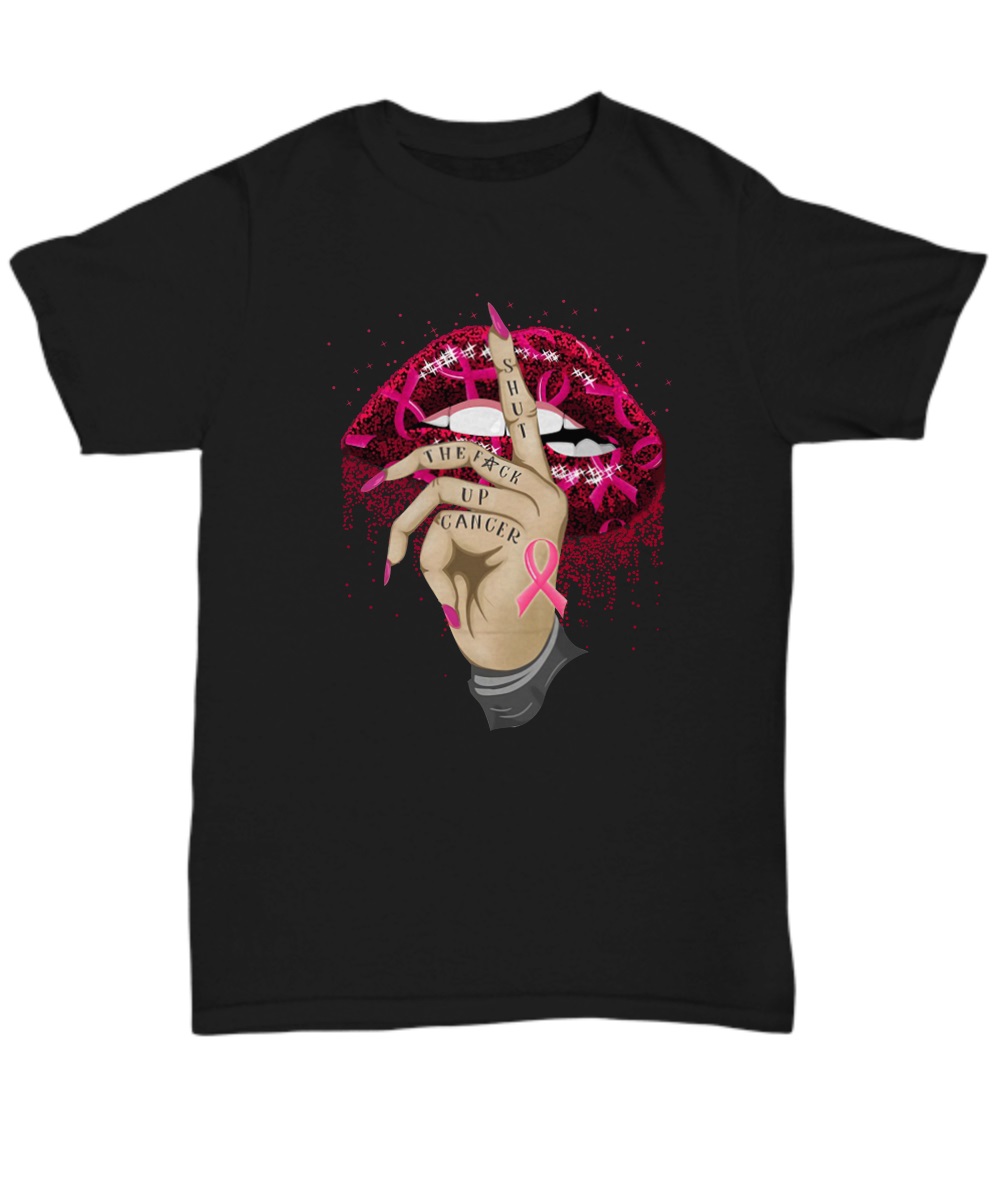Some People Call Me Crazy Shirt
Or buy product at :Amazon
-
5% OFF 2 items get 5% OFF on cart total Buy 2
-
10% OFF 3 items get 10% OFF on cart total Buy 3
-
15% OFF 4 items get 15% OFF on cart total Buy 4
♥CHECK OUR BESTSELLERS - LIMITED EDITION SNEAKER FOR MEN OR WOMEN:
Best Selling Sneaker
Retro SP x J Balvin Medellín Sunset (UA) Air Jordan 3 Sneaker
Best Selling Sneaker
Best Selling Sneaker
Best Selling Sneaker
Table of Contents
ToggleSome People Call Me Crazy Shirt
The Almighty History Of The Flannel ShirtVintage Collectibles / By nostalgic-pdFlannel shirts are part of the iconic image of the American lumberjack and have been an American fashion staple since the midcentury. The plaid flannel shirts place in American culture is only a small part of its long history. The flannel shirt, as we know it, became popular in Scotland and England in the early 1800s. But the flannel, the fabric, has been around since the 17th century. It was woven by the wives of Welsh farmers, who had been spinning wool yarn for centuries and eventually found that if you brush the wool on both sides it becomes much sturdier. This created a thicker more industrious fabric. It was durable and insulating, while still being soft and comfortable. Perfect for wet, cold, and windy climates. The addition of the horizontal and crisscrossed bands done in multiple colors were originally added to represent the weaver’s region, and these patterns were call Tartans. Tartans have ancient origins, the oldest being from the 6th century B.C. found in Austria, belonging to a Celtic culture. Tartan pants were also found on ancient Chinese mummies from a similar period during the Iron Age. These textiles were simple checked patterns using light and dark wool, but very distinctive and usually worn by higher-society.


Some People Call Me Crazy Shirt
The more intricate spacing and patterns of the bands and the defined color choices first popped up in 16th century Scotland. Tartans became so popular they were once outlawed and only used for military uniforms and royalty. The tradition of associating a tartan pattern to a family or clan became popular in the 17th century.The High Society of London wanted the heads of each clan to be honorably represented by a specific tartan pattern. These tartans would then be authenticated and recorded. This tradition carried on and became very popular, almost all Scottish clans now have several tartans attributed to their names. Now it’s possible for anyone to register a tartan to their name through The Scottish Register of Tartans.


A. SHIPPING COSTS
Standard Shipping from $4.95 / 1 item
Expedited Shipping from $10.95 / 1 item
B. TRANSIT, HANDLING & ORDER CUT-OFF TIME
Generally, shipments are in transit for 10 – 15 days (Monday to Friday). Order cut-off time will be 05:00 PM Eastern Standard Time (New York). Order handling time is 3-5 business days (Monday to Friday).
C. CHANGE OF ADDRESS
We cannot change the delivery address once it is in transit. If you need to change the place to deliver your order, please contact us within 24 hours of placing your order at [email protected]
D. TRACKING
Once your order has been shipped, your order comes with a tracking number allowing you to track it until it is delivered to you. Please check your tracking code in your billing mail.
E. CANCELLATIONS
If you change your mind before you have received your order, we are able to accept cancellations at any time before the order has been dispatched. If an order has already been dispatched, please refer to our refund policy.
G. PARCELS DAMAGE IN TRANSIT
If you find a parcel is damaged in transit, if possible, please reject the parcel from the courier and get in touch with our customer service. If the parcel has been delivered without you being present, please contact customer service with the next steps.
No Hassle Returns and Refunds
Our policy lasts 14 days. If 14 days have gone by since your purchase, unfortunately we can’t offer you a refund or exchange.
To be eligible for a return, your item must be unused and in the same condition that you received it. It must also be in the original packaging.
Several types of goods are exempt from being returned.
Gift cards
Downloadable software products
Some health and personal care items
To complete your return, we require a receipt or proof of purchase.
Please do not send your purchase back to the manufacturer.
There are certain situations where only partial refunds are granted (if applicable) :
– Any item not in its original condition, is damaged or missing parts for reasons not due to our error
– Any item that is returned more than 30 days after delivery
Refunds (if applicable)
Once your return is received and inspected, we will send you an email to notify you that we have received your returned item. We will also notify you of the approval or rejection of your refund.
If you are approved, then your refund will be processed, and a credit will automatically be applied to your credit card or original method of payment, within a certain amount of days.
Late or missing refunds (if applicable)
If you haven’t received a refund yet, first check your bank account again.
Then contact your credit card company, it may take some time before your refund is officially posted.
Next contact your bank. There is often some processing time before a refund is posted.
If you’ve done all of this and you still have not received your refund yet, please contact us at [email protected]

















